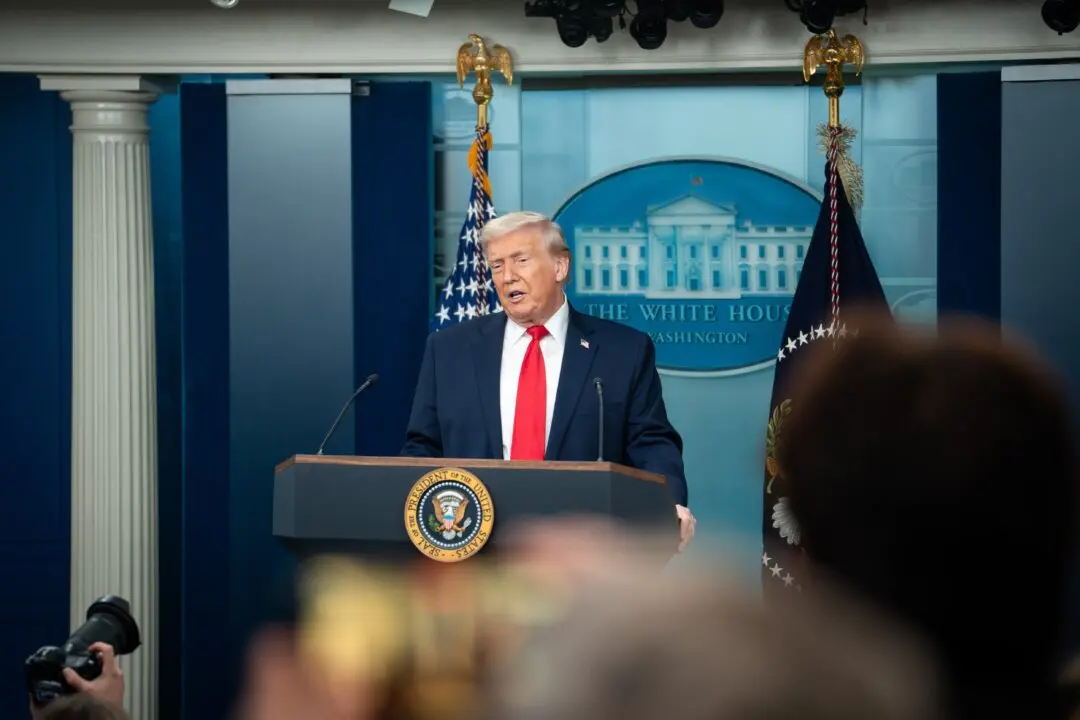It was four years ago, in March 2020, that health officials declared COVID-19 a pandemic and the United States began shutting down schools, closing small businesses, restricting gatherings and travel, and implementing other lockdown measures to “slow the spread” of the virus.
To mark that grim anniversary, a group of medical and policy experts released a report, called “COVID Lessons Learned,” which assesses the government’s response to the COVID-19 pandemic. According to the report, that response included a few notable successes, along with a litany of failures that have taken a severe toll on the population.






